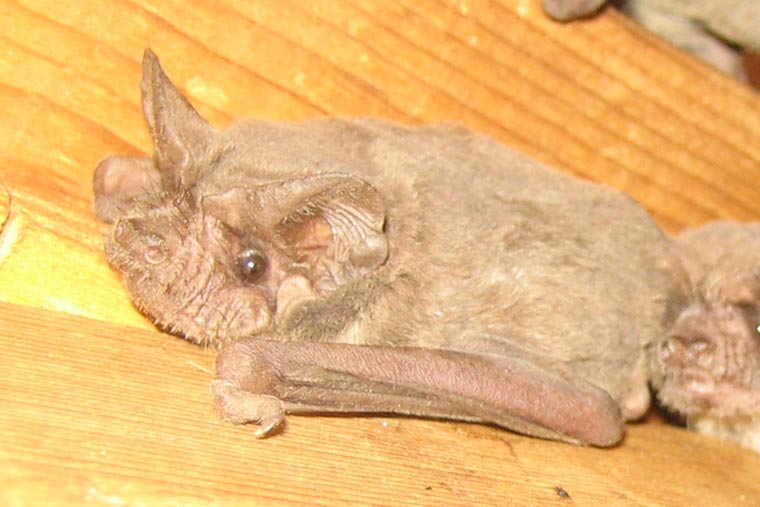-
info@aaanimalcontrol.com
Call us for help in your town
Humane Wildlife Education
Do Bats Actually Hibernate during the Winter?
Need bat removal in your hometown? We service over 500 USA locations! Click here to hire us in your town and check prices - updated for year 2020.
During the winter, most bats do hibernate. This state of sleep is essentially a prolonged period of inactivity, designed to waste as little energy as possible, to try and make it through the cold months of winter. Cold months are very harsh months for animals just like bats, mostly because there is very little food around. It’s hard to find insects to eat when it’s below freezing outside, and most animals would waste more energy going out and looking for food than they would find in the actual food they come across. It’s a negative journey. What’s the point in going out to hunt for food when you’re burning off more energy than you’re consuming?

That’s why some animals hibernate. It is much easier to “fatten up” during the spring and summer months, when there is plenty of food on offer in the form of insects, fruits, nuts, seeds, vegetables, and more, and then sleep away the winter. They have plenty of energy to use up in those fat reserves, and it makes life much easier.
During the winter some bats will hibernate, but there isn’t an awful lot of information on where some of them go. At the same time, some bats migrate, traveling to hotter climates to find the insects and foods that are now missing at home.
The bats that do hibernate do so by lowering their body temperature right down. This will, in turn, help them to slow down their breathing too, and all of this leads to a very low metabolic rate. This lowering of everything helps them to use as little energy as possible for the long time they will be sleeping. Towards the end of the colder months the bats will start to wake up again, bit by bit, heading out for short stints outside to check what’s going on. If it’s still too cold they’ll go back to sleep again for a while. Towards the end of the winter their reserves start to get quite low, and it might be necessary for the bats to hunt for food briefly to stay alive.
At the end of the cold season and beginning of spring bats will come out nightly to gorge on as much food as they can get. If the weather gets chilly again, it is not unknown for the bats to go back to their cooler roosts to go back to sleep again for a while.
By the end of spring, life has gone back to normal for the colony, with them all flying around, feeding. The eggs that will have been fertilized during the fall of the previous year will start growing, and in the midst of summer the babies will be born, usually weighing it at around an inch long. Females usually have just the one pup, although they can have more. Usually only one of these babies will survive, and many young bats do not go on to become adult bats.
At the end of hibernation a bat can weight half as much as what he did when the cold weather started, and the spring and summer will be spent building those reserves back up again, not just to have babies, but also to prepare for the next winter coming up.
Different species of bats will react different to the winter. Some of them will hibernate. Some of them will migrate to warmer places. Some of them may even do both. Investigations into what they do and where they go are constantly ongoing, but we do know that they will stay put if the weather is warm enough and the food sources permit.
For more information, you may want to click on one of these guides that I wrote:
How much does bat removal cost? - get the lowdown on prices.
How to get rid of bats - my main bat removal info guide.
Example bat removal photographs - get do-it-yourself ideas.
Bat job blog - learn from great examples of bat jobs I've done.
how to get bats out of your attic


















